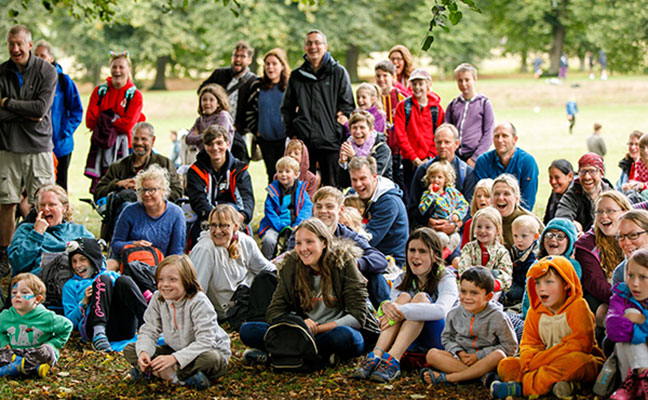A guest blog from Cliff Mills of our Exchange venue sponsor, Anthony Collins Solicitors …
Generational justice requires making radically different decisions from those we are currently making.
Four years ago, a remarkable new law was passed by the Welsh Assembly effectively telling public bodies that they were getting things wrong. This new law with “Future Generations” in its title[1] told public bodies that they should be:
- Balancing short and long-term needs
- Taking a joined-up approach in relation to their own and other bodies’ objectives
- Involving in their decisions a range of people who reflect the diversity of those affected
- Acting collaboratively with other bodies
- Taking preventative action
To which the inevitable response is: why on earth weren’t they doing that already? Why is an act of the Welsh Assembly needed to tell people to do what it is surely their duty to do?
Then it starts to dawn on you: the need to stay within this year’s budget, the influence of the four or five year electoral cycle, the organisation’s own targets and performance, the institutional and organisational culture, austerity, the way we have got used to doing things just to keep the show on the road …
These are deeply embedded and utterly serious problems. When you also realise that most of the important decisions are made by people (or groups of not always particularly diverse people) in the latter half of their careers, it makes you wonder whether even legislation is actually going to make a difference.
It’s not that they are bad people. Many public servants are hugely dedicated, honestly doing their best with the resources available. But getting them to radically change their approach is a huge challenge, not least because of who they are. Most of them grew up before social media and smartphones were around (like me – I’m an old geezer of 62), and many before it was normal to have a computer on your desk.
The missing voice in key decision-making is that of people born in the last 30 years – people who have grown up with technology and its attributes, people with most of their adult lives ahead of them, and so the front end of “future generations”. They really are the voiceless future of humanity in this context.
In the private sector, whilst many smaller and social businesses are ahead of the game, with younger people having much more influence as owners, managers and workers, it is a different story entirely with large corporations. Isn’t big business one of the main drivers of consumerism, the throw-away culture, built-in obsolescence, even of climate change itself?
Here again, you might argue that there are plenty of hard-working (albeit highly-paid) executives doing their best in their work, trying to change the direction of their employer to be more pro-social – sometimes with some success.
Well, you can argue that; but the reality is that the very system under which they operate is unashamedly focussed on private benefit and driven by the pursuit of short-term goals. Lowest price and high quality is the selling message to consumers; highly competitive, ruthlessly cost-conscious and ambitious for growth is the message to investors.
If “efficiency” is what you are looking for, then the profit motive is what you need – that’s the lie that politicians, policymakers and professors have been spinning since Margaret Thatcher; and a depressingly large number of people still believe it. And being honest, most of us have gone along with it – or at least not been angry enough to change our relevant behaviours.
So what needs to happen?
For me, the starting point is accepting that we have got it wrong, comprehensively wrong, for a long time. In the words of the Swedish teenager Greta Thunberg “To accept the climate emergency is to admit that we have all failed, in a major way.”
This isn’t an exercise in finding somebody to blame (you will note the collective responsibility in “we”). It is simply a necessary step in order to kick ourselves and others into action and to enable dramatic change on a wide scale. We need to understand how and why we have all failed, and for that, we all need to be informed, and to learn. We then need to reflect and work out how WE need to change.
The Welsh Assembly was on to something in 2015 – in 2015! Time is passing …
Come and join in a discussion at 6.30pm on Sunday, in the Exchange: “It’s all your fault! – an awful truth or a call to action?”
Cliff Mills, Anthony Collins Solicitors
[1] The Wellbeing of Future Generations Act (Wales) 2015


